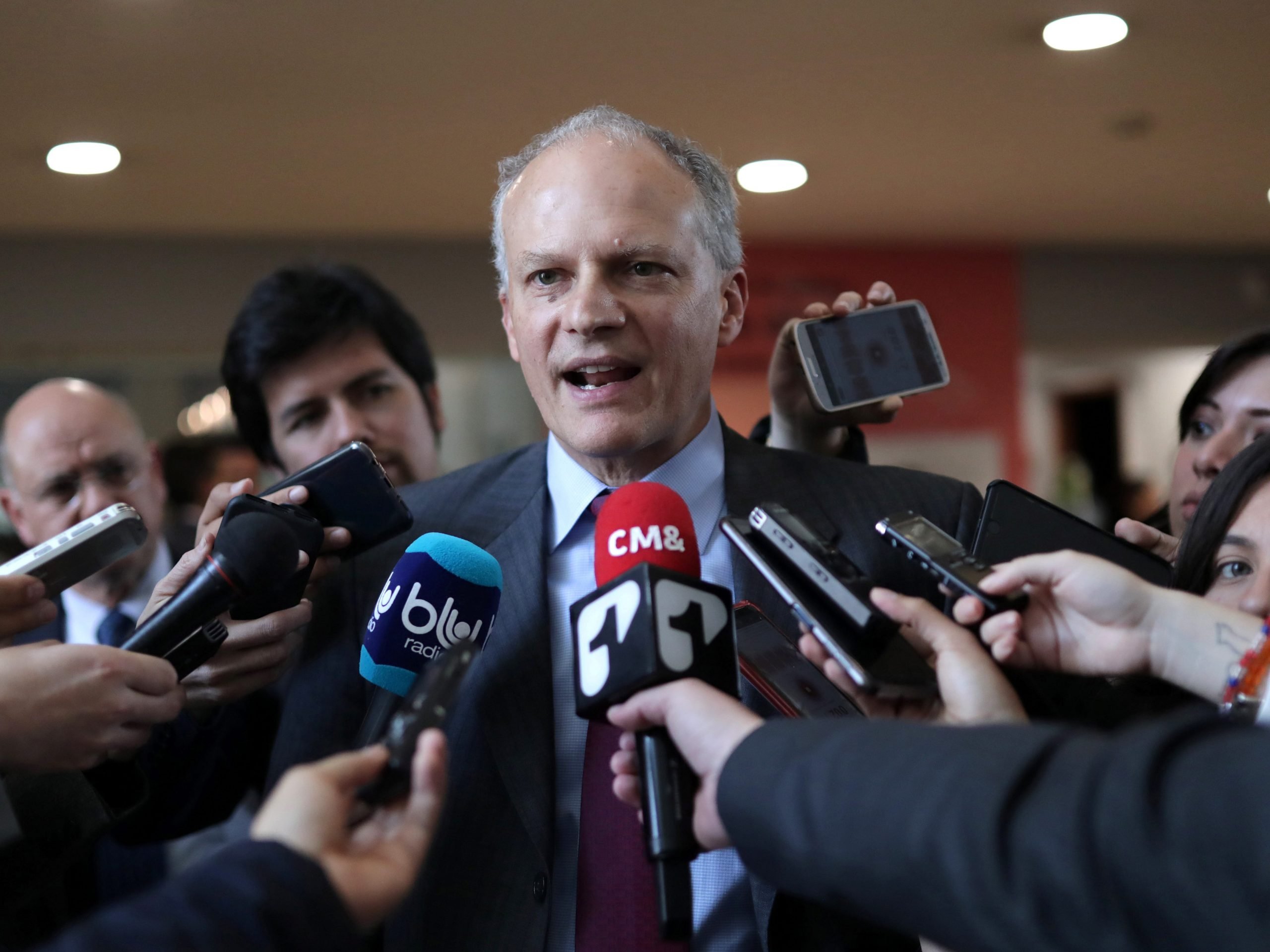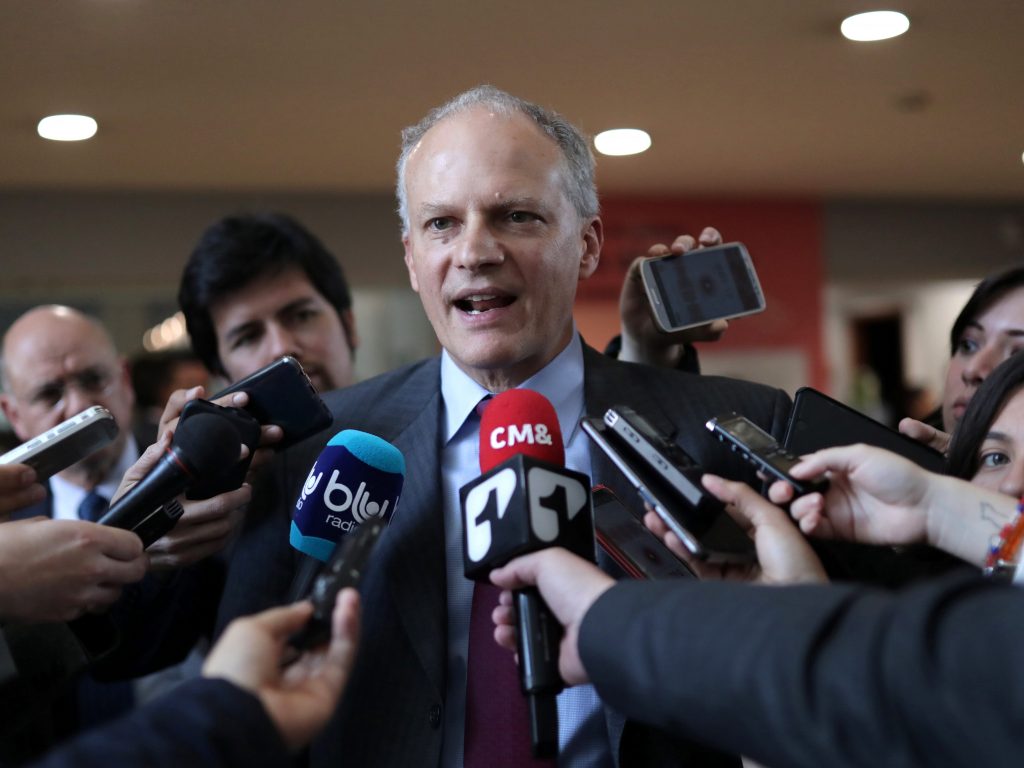
REUTERS/Luisa Gonzalez
- IMF top official in Latin America Alejandro Werner told the Financial Times the wealthy should be taxed more.
- He said the region cannot develop if income inequality is not first addressed.
- Democrats in the US have also been calling for the wealthy to pay their fair share in taxes.
- See more stories on Insider's business page.
The International Monetary Fund (IMF)'s top official for Latin America stressed the importance ot taxing the wealthy to help address poverty and low economic growth.
Alejandro Werner, the IMF's western hemisphere director, told the Financial Times in an interview that governments should make the richest Latin Americans pay "much more" in taxes, citing the economic suffering the region has undertaken during the pandemic. He said the region cannot develop if it fails to address income inequality and suggested that a property tax on the richest citizens is an option to equalize wealth. Property or estate taxes are commonly used to generate income on a country's wealthy citizens' most valuable assets, but they are historical underutilized in Latin America.
"You need to have a much more progressive taxation system where… the upper segments of the population pay much more and then you have to have an economic system in which economic competition is much stronger than it is today," Werner said during the interview. "Latin America cannot be the most unequal region in the world and jump into the next stage of economic development."
Werner added that the IMF's forecast of 4.6% growth in Latin America will likely be revised upward because economies have been able to maintain a higher level of activity than expected, despite continuing COVID-19 infections.
A Financial Times study found that Latin American countries have suffered some of the highest death rates in the world during the pandemic, exacerbating the problems of poverty and income inequality in the region.
Werner's call to make the rich pay more in taxes mirrors a Democratic effort in the US. A recent ProPublica report detailed how billionaires in the country have largely avoided paying income taxes, with the true tax rates for Jeff Bezos, Elon Musk, and Warren Buffett being 0.98%, 3.27%, and 0.10%, respectively.
Those findings have amplified calls from lawmakers like Massachusetts Sen. Elizabeth Warren to more strictly enforce taxes for the wealthy through Warren's proposed wealth tax, which would tax the top 0.05% of American households.
-Elizabeth Warren (@SenWarren) June 9, 2021
However, Werner noted that the political climate in Latin America could make it difficult to implement tax reforms. In April, for example, Colombia attempted to raise taxes to help make up for revenue lost during the pandemic, but the proposal led to violent protests organized by people who said the proposed changes would hurt the poorest citizens.
Regardless, Werner said, implementing the reforms "are necessary."
"If not, we will see significant instability that will hurt employment, that will hurt the recovery, will hurt social indicators," he said. "It's a very difficult landscape."
